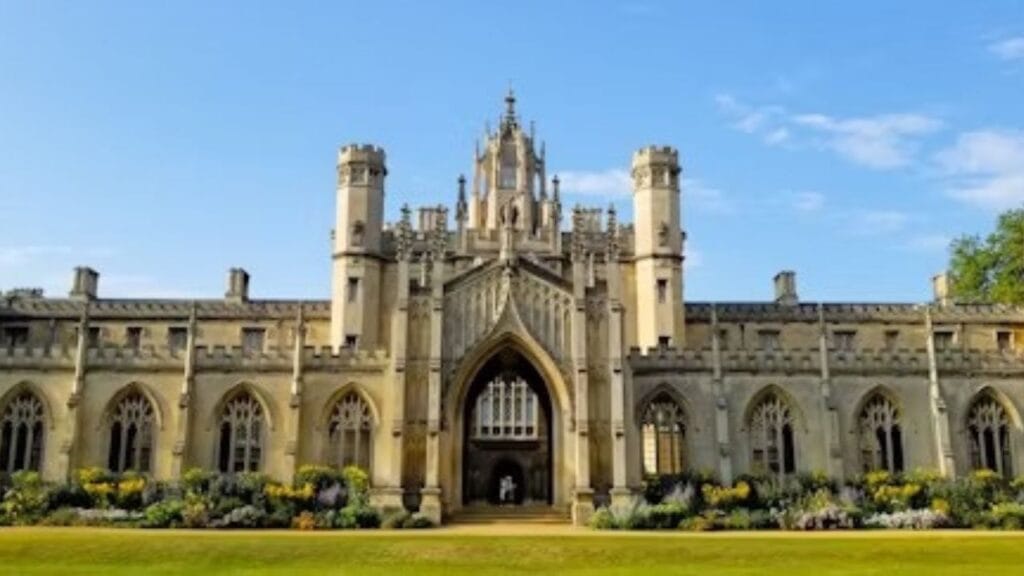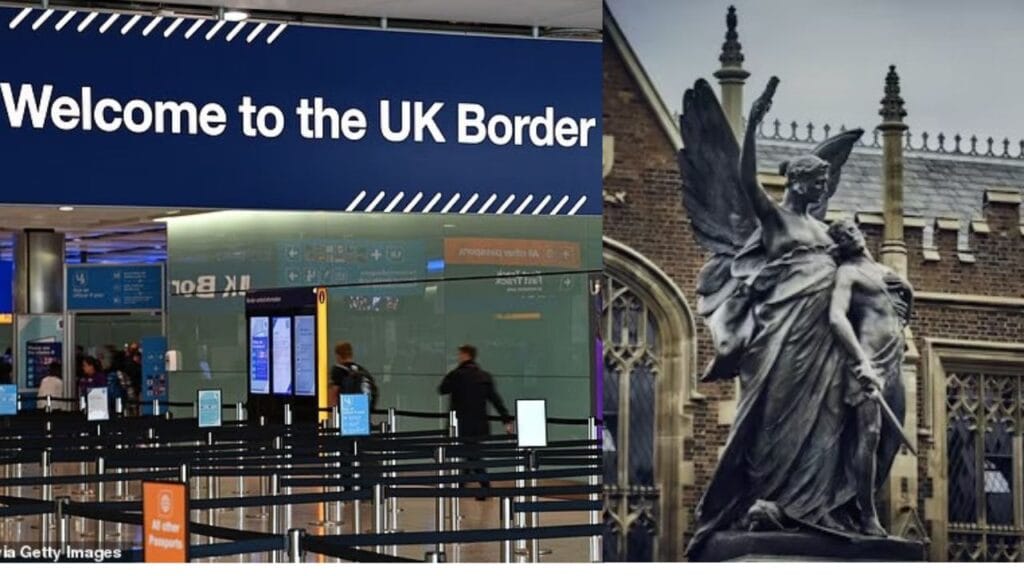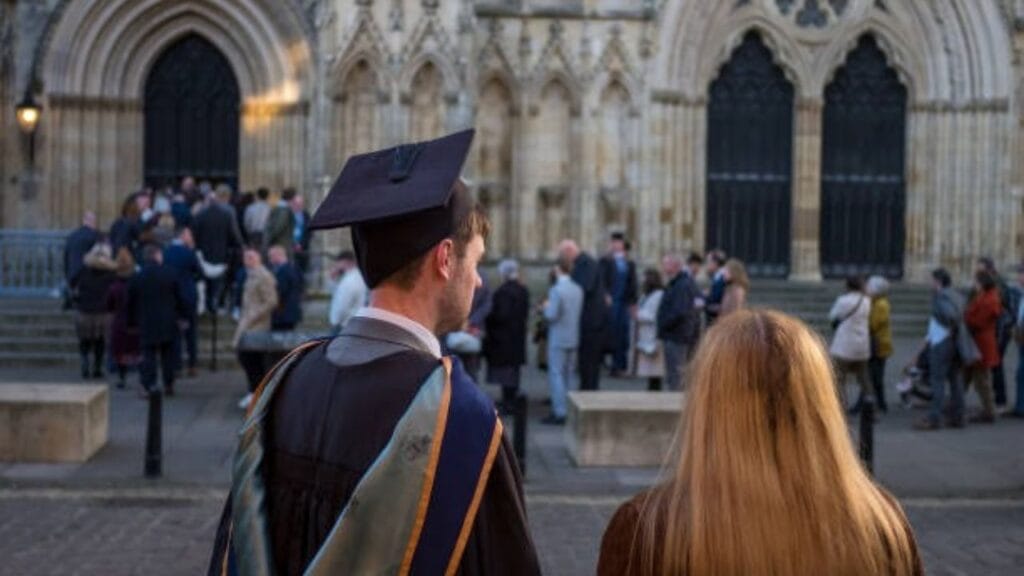Universities Face Crackdown on ‘Back Door’ Asylum Claims via Student Visas
In a bold move to curb immigration loopholes, the UK government is poised to slam the door on universities that allow their courses to be exploited as a covert pathway for asylum claims. Next month, Labour is expected to unveil stringent measures targeting the misuse of study visas, which have become a hidden gateway for migrants seeking to claim asylum in Britain.
Home Office data reveals a startling reality: in 2024 alone, 16,000 asylum seekers entered the UK on study visas, part of a broader wave of 108,000 asylum claims. Of these, 40,000 applicants arrived on various visas, outnumbering the 35,000 migrants who risked perilous small boat crossings to reach British shores without permission. Shockingly, nearly 10,000 visa-holders who later claimed asylum were provided with taxpayer-funded accommodation, with Pakistan, Nigeria, and Sri Lanka topping the list of nationalities.

Under Labour’s new rules, universities will face severe penalties if they fail to tighten their admissions processes. According to The Times, institutions will be held accountable if fewer than 95% of their international students begin their studies or if less than 90% complete their courses. Additionally, universities with visa rejection rates exceeding 5% will face sanctions. The worst offenders will be publicly named and shamed, with restrictions on recruiting new foreign students until they clean up their act. Persistent failures could lead to a complete ban on sponsoring study visas, effectively cutting off a lucrative revenue stream for non-compliant institutions.
The crackdown comes amid growing concerns that some universities are operating as little more than “visa factories,” offering low-quality courses to students with limited English proficiency as a pretext for entry into the UK. Tory MP Chris Philp, the shadow home secretary, didn’t mince words, accusing certain institutions of “essentially selling UK visas rather than an education.” He dismissed Labour’s proposals as “minor tinkering around the edges” and called for a blanket ban on study visa holders claiming asylum. “No one who says they’re coming here as a student should be able to later claim asylum or use a student visa to stay permanently,” Philp declared, pointing to the previous Conservative government’s decision to stop students from bringing family members as a step in the right direction.

Meanwhile, the Home Office is doubling down on border security with a £100 million injection to fund a groundbreaking “one in, one out” returns agreement with France—the first deal allowing the UK to send migrants back across the Channel in exchange for accepting asylum seekers with UK ties. The funds will also bolster the National Crime Agency with 300 additional officers, advanced technology, and intelligence-gathering to dismantle smuggling gangs. Enhanced overtime for immigration enforcement teams and interventions in transit countries across Europe, the Middle East, Africa, and Asia aim to choke off the supply lines of human trafficking networks.
The urgency of these measures is underscored by 2025’s record-breaking 25,000 small boat crossings to date, a grim milestone that has spurred Labour to act. A new offense under the Border Security, Asylum and Immigration Bill will see those advertising small boat crossings or fake passports on social media facing up to five years in prison. Home Secretary Yvette Cooper emphasized the government’s resolve, stating, “This additional funding will turbo-charge our law enforcement agencies to track and dismantle smuggling gangs, working with international partners and using state-of-the-art technology. Alongside our new agreements with France, we’re building a stronger, more secure immigration system.”
As the government tightens the screws, universities and smuggling networks alike face a reckoning. The message is clear: Britain’s borders are no longer an open door, and those exploiting its systems will pay a steep price.






